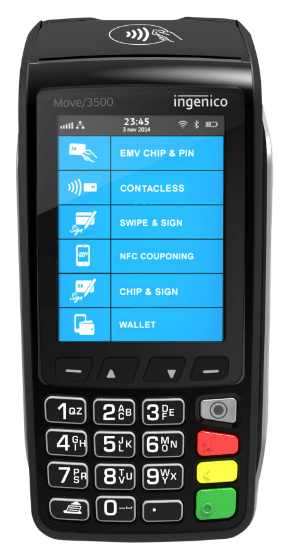Ecommerce is taking the traditional retail industry by storm, all the issues customers face with brick and mortar store cease to exist when customers are able to shop online. Whilst the eCommerce industry is becoming more and more attractive for businessmen and women there are definitely some challenges to be had when you take your business solely digital. The most prominent of these issues is getting your website seen by the right customers - this is where Search Engine Optimisation (SEO) can help. The goal primarily is to ensure your website ranks highly on the first page of Google when users search for words that are related to your business.
SEO is an expensive industry and might not be something your business can afford to invest in at the beginning of your journey. That's why we wanted to share with you a few things you can do (or have your web designers do) in order to make the most out of simple and low-cost SEO.
- Page Titles: this might sound simple but having page titles that include the keywords you want to be known for can really help to boost your on-page optimisation and helps search engines list your website higher on the results page. For example, if you are selling vegetarian products you want pages to use a variety of terms related to this such as 'vegetarian', 'vegan', 'plant-based', 'meat-free', etc.
- Blog Posts: Just like our website, your website will most likely have the functionality to support a blog. Blogs are an attractive way to increase your search engine ranking because you can use titles, tags, image alternative text and more which all help you ranking score. Blogs can be created by yourself, other employees or (if you have the budget) you can outsource the task. All you need is a topic to write about and time to research or the prior knowledge around that subject. Let's take the vegetarian products site again as an example. You could start writing blog posts about different meat-free meal ideas or you could share the negative impacts cattle farming has on the environment. All of these things are likely of interest to your target audience and therefore they will be searching for the keywords you'll be using throughout the blog post.
- Backlinks: perhaps the most complex on the list but still very achievable if you have the right network or are willing to invest time finding that network. The more your website gets linked to from other sites the better it will rank on Google. This is why collaborating with bloggers and other website owners is something many startups and small businesses are keen to get going with. Looking back at our vegetarian website you could reach out to small influencers and ask them if they'd be willing to talk about your website in their next post and include a link. If you want to be really fancy you can send them a trackable link so you can see if using influencers is a strong method of digital marketing for your business.




